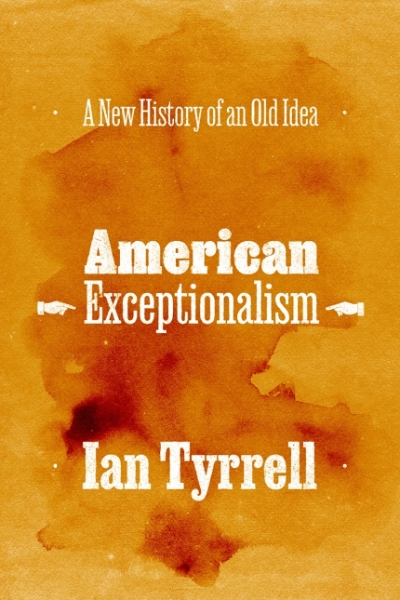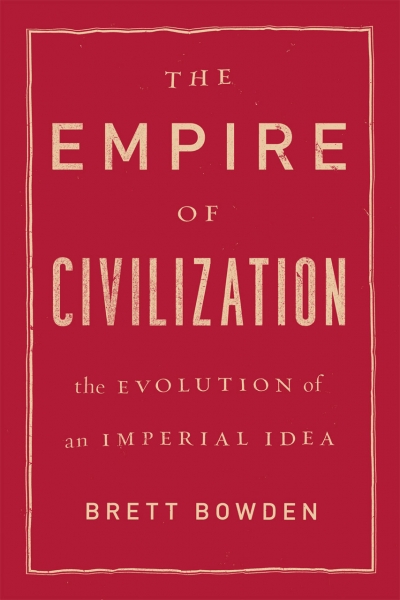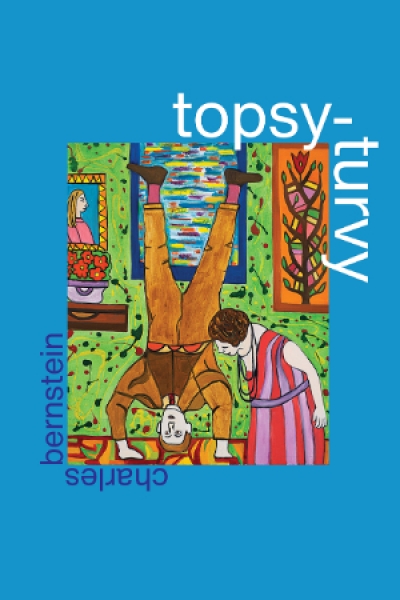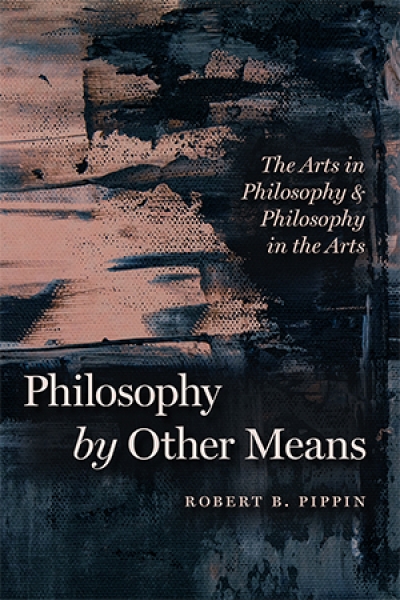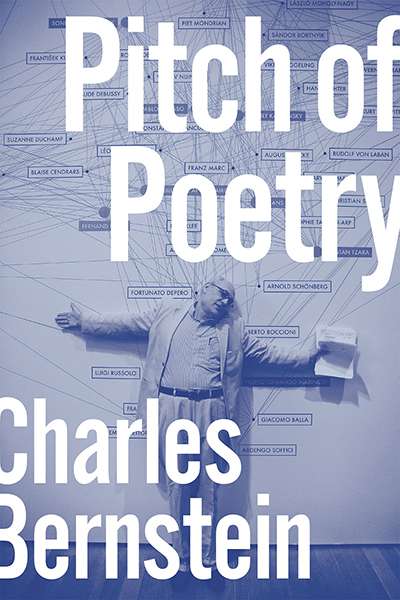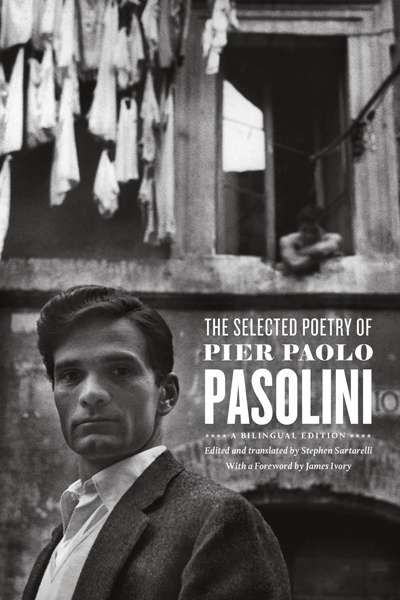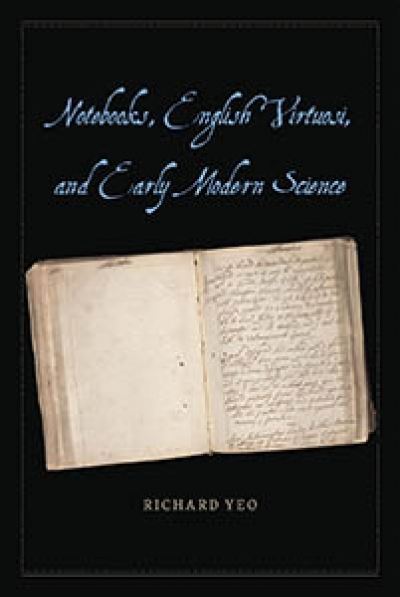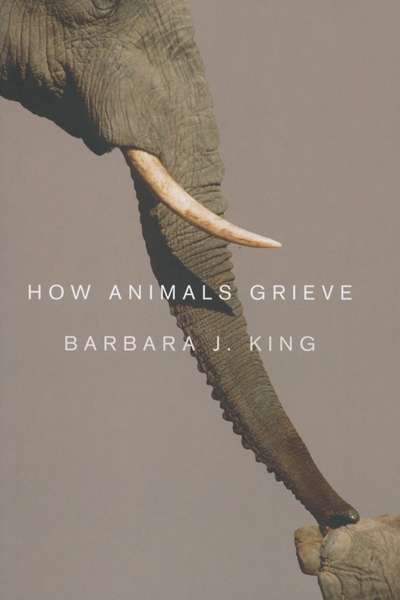University of Chicago Press
American Exceptionalism: A new history of an old idea by Ian Tyrrell
by Emma Shortis •
The Empire of Civilisation: The evolution of an imperial idea by Brett Bowden
by Roland Bleiker •
Philosophy by Other Means: The arts in philosophy and philosophy in the arts by Robert B. Pippin
by Justin Clemens •
The Rise and Fall of Modern Japanese Literature by John Whittier Treat
by Mark Gibeau •
The Selected Poetry of Pier Paolo Pasolini: A Bilingual Edition by edited and translated by Stephen Sartarelli
by Annamaria Pagliaro •
Notebooks, English Virtuosi, and Early Modern Science by Richard Yeo
by Wilfrid Prest •
Richard Wagner: A Life in Music by Martin Geck (translated by Stewart Spencer)
by Robert Gibson •

